Five Fabulist Sentences
As a reader, I’m a sentence-collector: for their sound, and also for the fascination of inspecting one small, discrete piece of something and seeing what it has to say about the whole.

As a reader, I’m a sentence-collector: for their sound, and also for the fascination of inspecting one small, discrete piece of something and seeing what it has to say about the whole.

I’ll come clean: I was supposed to write a different post for you, called something like “On the Emotional Incompetence of George W. Bush.”
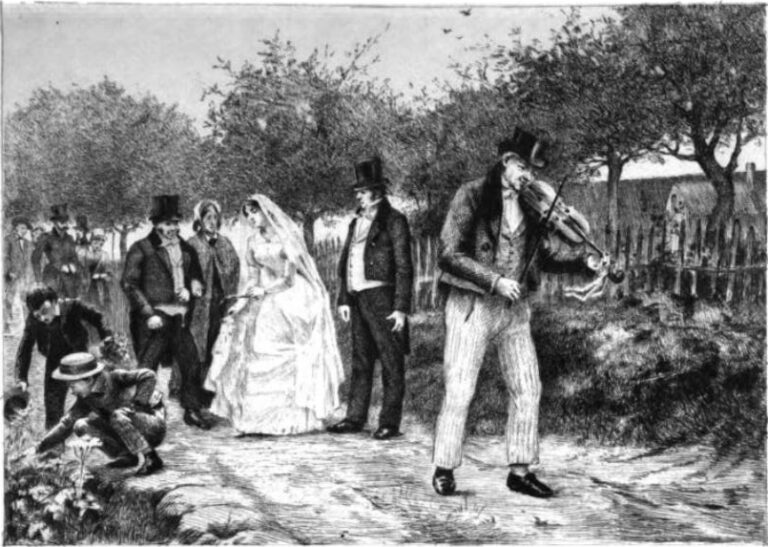
I first read Madame Bovary in high school. I found Emma whiny and annoying like I probably was and couldn’t see too far past her image. I didn’t remember her husband Charles at all, and I definitely had no feelings for him. Who would?
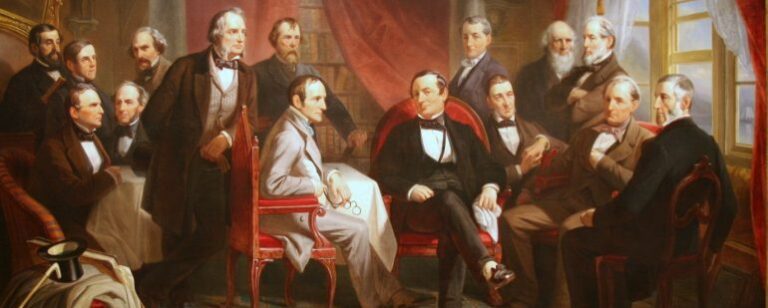
Some call it Dick Lit, others call it Lad Lit, but many male authors reject both of these genre categories as being reductionist, inaccurate, and for unfairly lumping disparate novels into a single arbitrary category. How can gender be a genre, they ask.
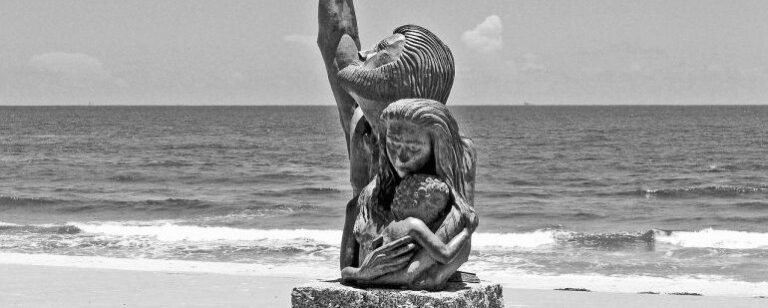
In the words of my own personal goddess of literature, Joyce Carol Oates, one should “…never underestimate the power—benevolent, malevolent, profound and irresistible— of place.” These words make my heart keen.

Angshuman Das’s excellent series on food writing has made me think about the role cuisine plays in Cuban literature and about the meals I ate when I visited the island in 2012 to do research for my dissertation.
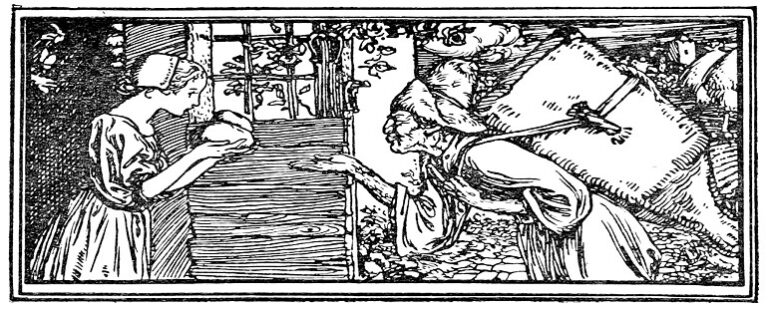
My reading list of late includes a lot of folk and fairy tales, reappropriated and retold: Helen Oyeyemi’s Boy, Snow, Bird, Maxine Hong Kingston’s The Warrior Woman, Terry Pratchett’s Discworld series. Call it my not-so-secret fondness for narratives that deconstruct and rewrite their source material.

Today, we have this new platform for conversation, a no-man’s land in the arena of how we communicate with one another. We can say just about whatever we want however we want, we can share and consume anything from artwork to politics, lip syncs to gun violence.
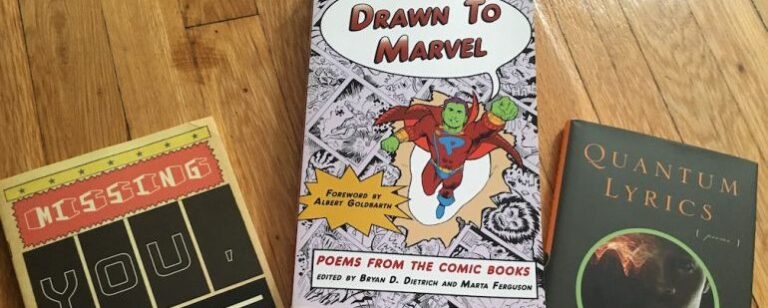
The cross-pollination between comics and poetry may seem unexpected, but it’s certainly a creative collaboration that has become more popular within the past decade. Evidence of the two forms meeting occurs again and again.
No products in the cart.